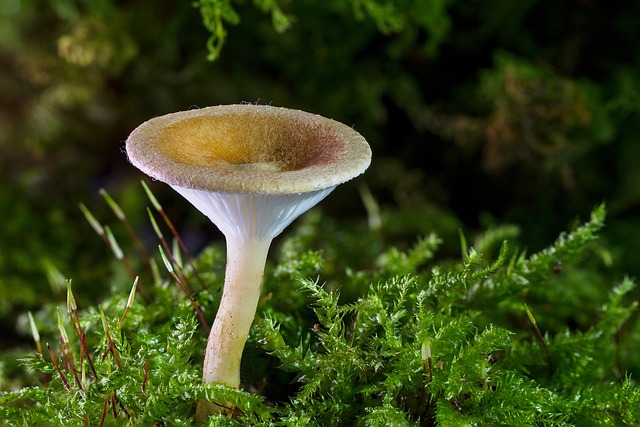Fueling Performance: Exploring the Link between Probiotics and Athletic Abilities
Probiotics, often referred to as “good bacteria,” have gained popularity in recent years for their potential health benefits. While most people associate probiotics with digestive health, their impact on athletic performance is a topic that is becoming increasingly interesting to athletes and researchers alike. In this blog post, we will explore the link between probiotics and athletic abilities.
The Gut-Brain Connection
The human gut is home to trillions of microorganisms, including both beneficial and harmful bacteria. These microorganisms collectively make up the gut microbiota, which plays a vital role in various aspects of health, including digestion, immune function, and brain health.
Recent studies have found evidence of a complex communication network between the gut and the brain, often referred to as the gut-brain axis. This bidirectional communication system allows for constant crosstalk between the gut microbiota and the central nervous system.
Probiotics and Immune Function
Athletes are often prone to upper respiratory tract infections (URTI) due to intense exercise and a weakened immune system. Probiotics, particularly strains of Lactobacillus and Bifidobacterium, have been found to modulate the immune response and enhance overall immune function.
Studies have shown that regular consumption of probiotic-rich foods or supplements can reduce the risk and duration of URTIs in athletes. This is particularly important for individuals participating in high-intensity training or endurance events where a strong immune system is crucial for optimal performance.
Probiotics and Inflammation
Inflammation is a natural response to exercise-induced muscle damage. While acute inflammation is beneficial for the body’s recovery and adaptation process, chronic inflammation can hinder performance and increase the risk of injury.
Emerging evidence suggests that certain strains of probiotics may help reduce inflammation in athletes. Probiotics can modulate the production of pro-inflammatory cytokines, promoting a more balanced immune response and potentially speeding up the recovery process.
Probiotics and Nutrient Absorption
Athletes rely on optimal nutrient absorption for energy production and muscle recovery. However, intense exercise can disrupt the digestive process and impair nutrient absorption.
Probiotics help maintain a healthy gut lining, which is essential for efficient nutrient absorption. They can also enhance the production of digestive enzymes, aiding in the breakdown and utilization of nutrients from the diet.
Probiotic Food Sources
Probiotics can be obtained through both supplementation and dietary sources. Some of the best natural sources of probiotics include:
- Yogurt: Look for varieties that contain live and active cultures.
- Kefir: A fermented milk drink packed with probiotics.
- Sauerkraut: Fermented cabbage with high levels of beneficial bacteria.
- Kombucha: A fermented tea containing a variety of probiotic strains.
- Kimchi: A spicy Korean side dish made from fermented vegetables.
It’s important to note that different strains of probiotics may have varying effects on athletic performance. Consulting with a healthcare professional or registered dietitian can help determine the most suitable probiotic for specific athletic goals.
Conclusion
As the connection between gut health and overall well-being becomes more apparent, athletes are increasingly turning to probiotics to boost their athletic abilities. Probiotics can positively influence immune function, reduce inflammation, enhance nutrient absorption, and promote overall gut health.
While more research is needed to fully understand the impact of probiotics on athletic performance, current evidence suggests that incorporating probiotic-rich foods or supplements into an athlete’s diet may offer significant benefits.
Remember, achieving optimal athletic abilities requires a holistic approach, and maintaining a healthy gut microbiota through the consumption of probiotics is just one piece of the puzzle.







